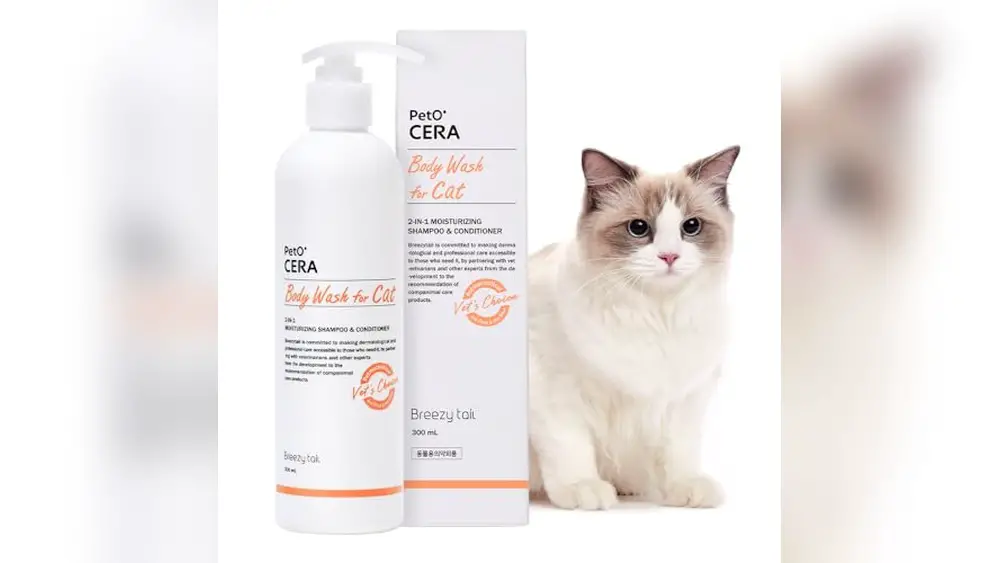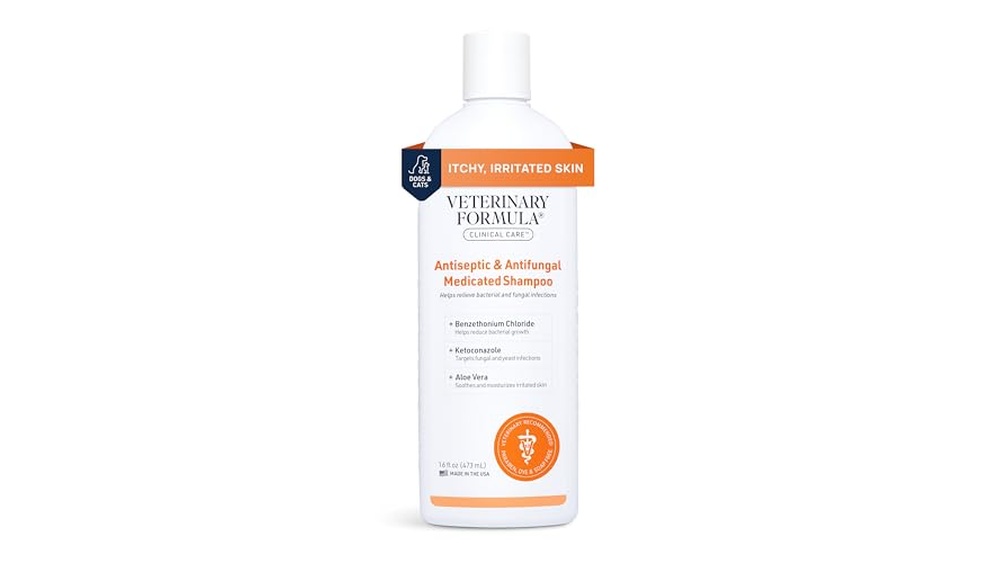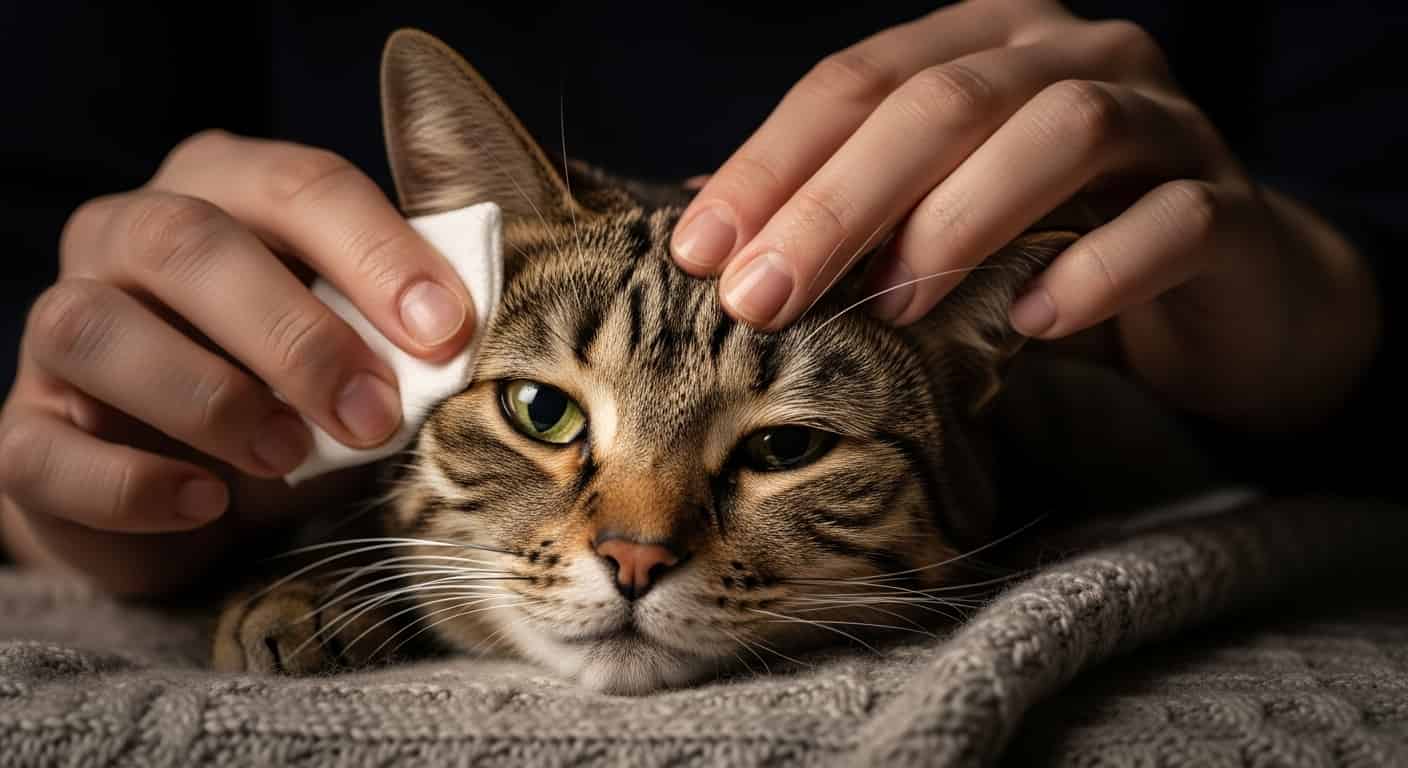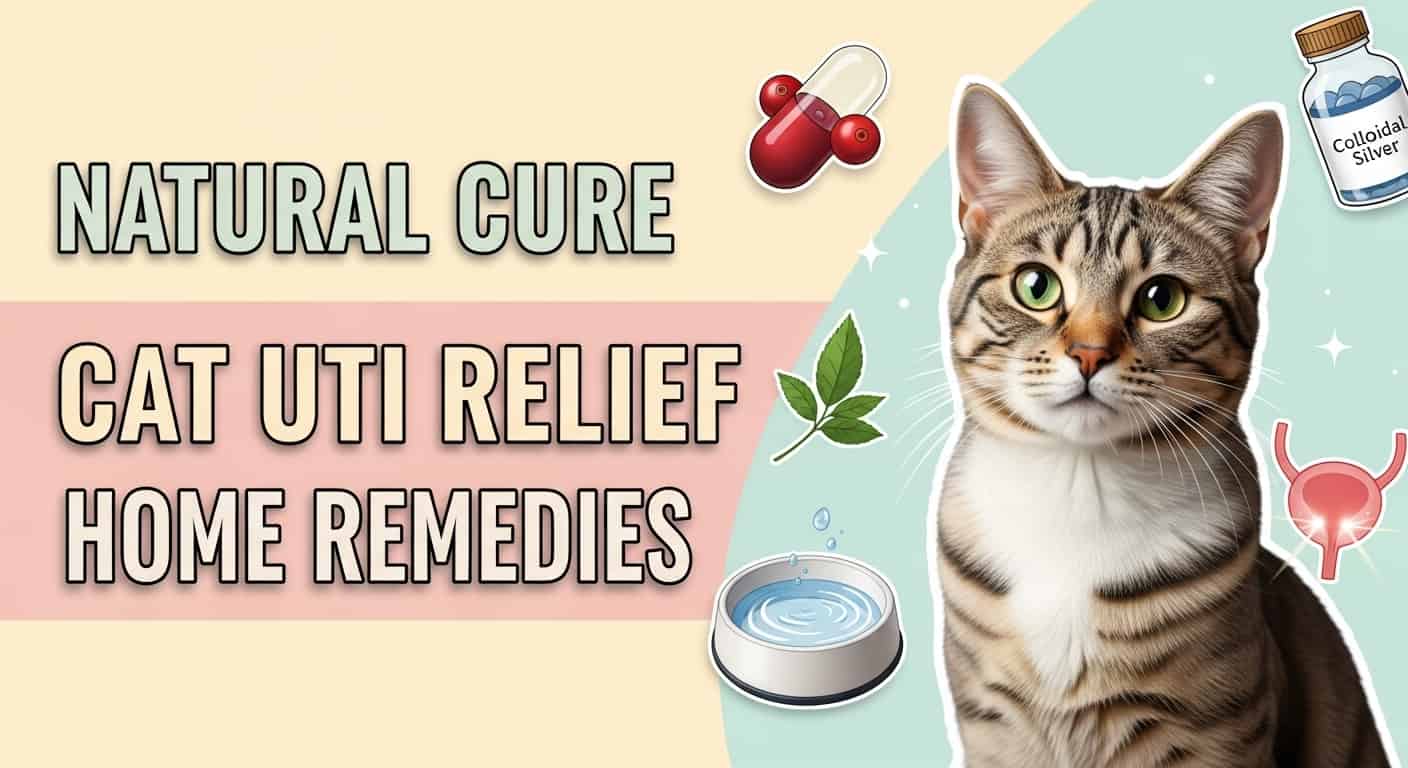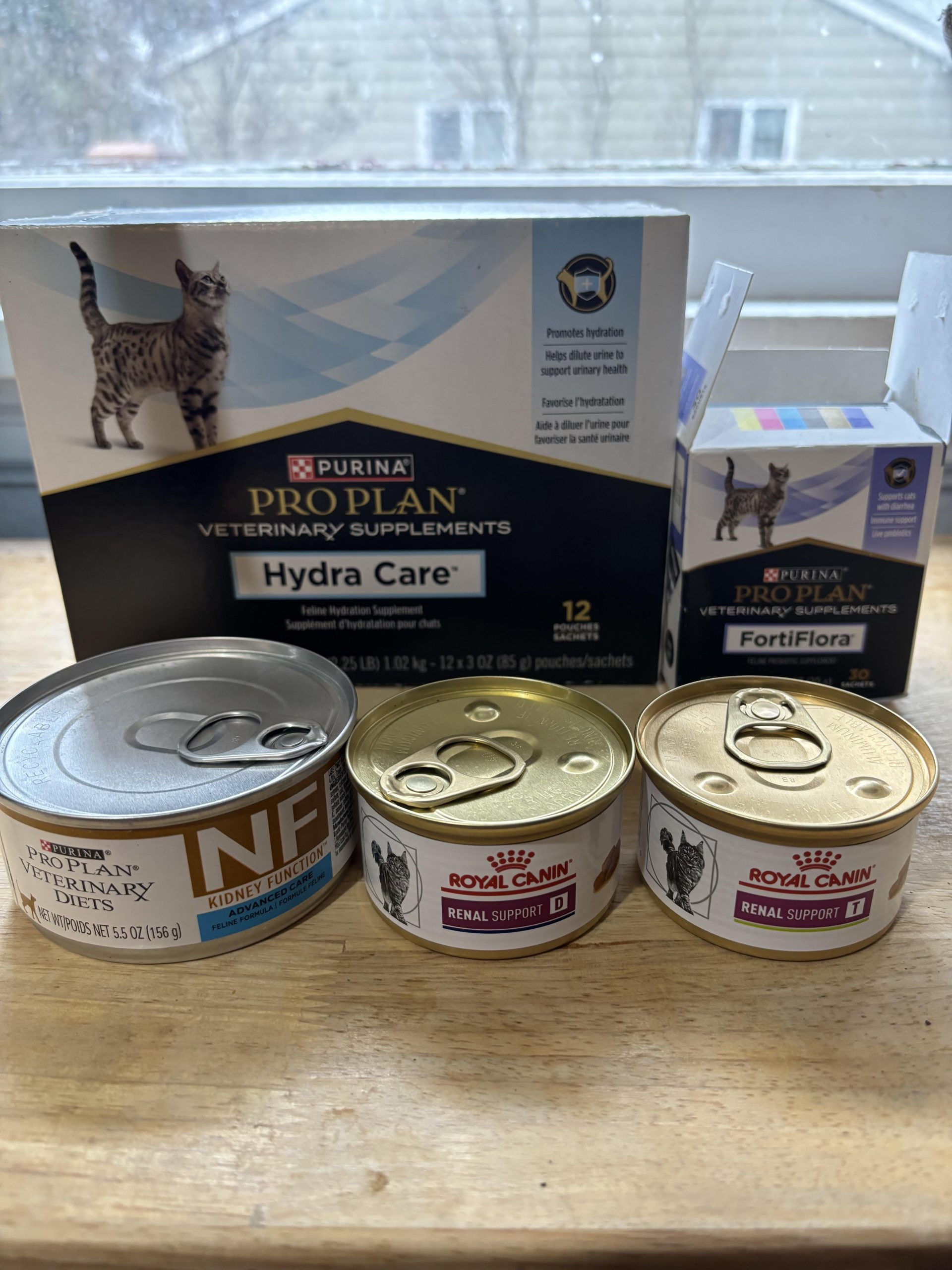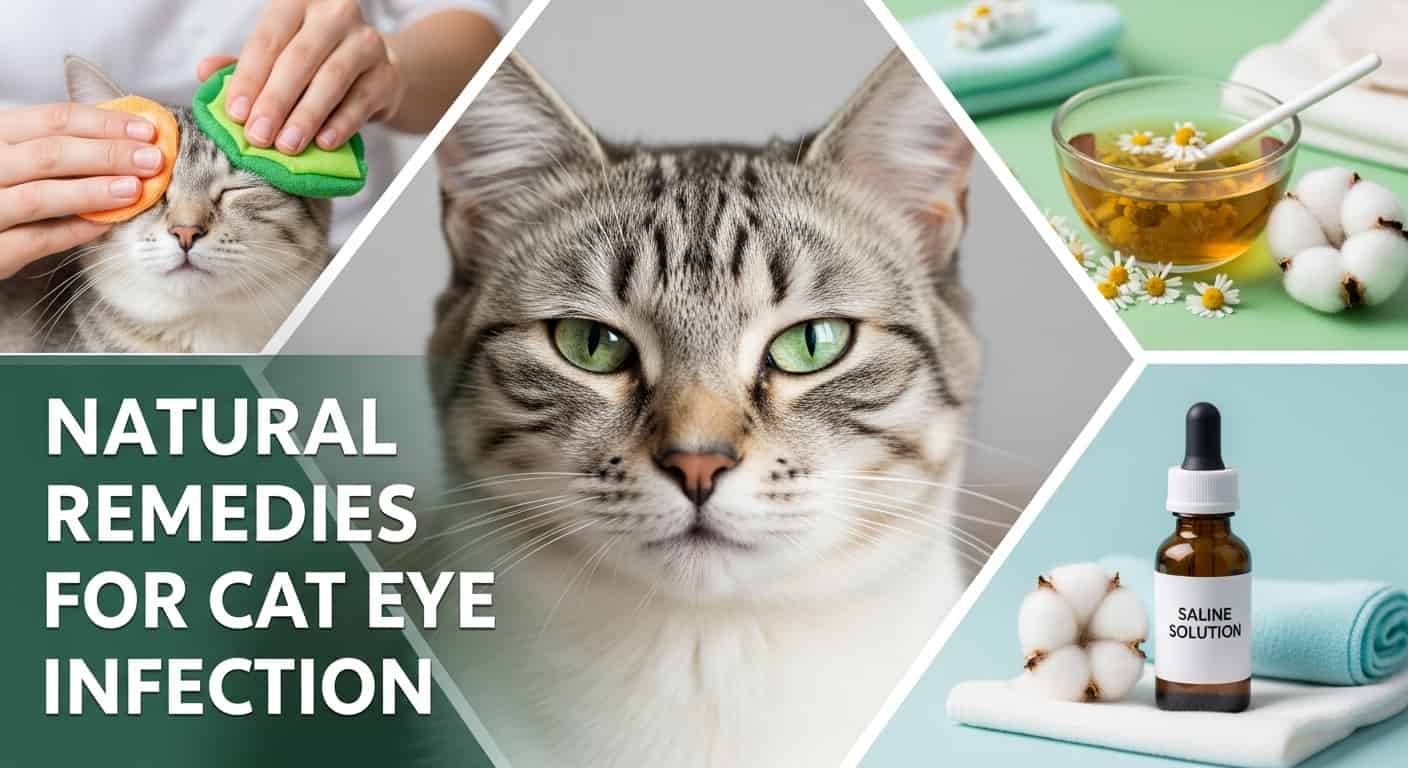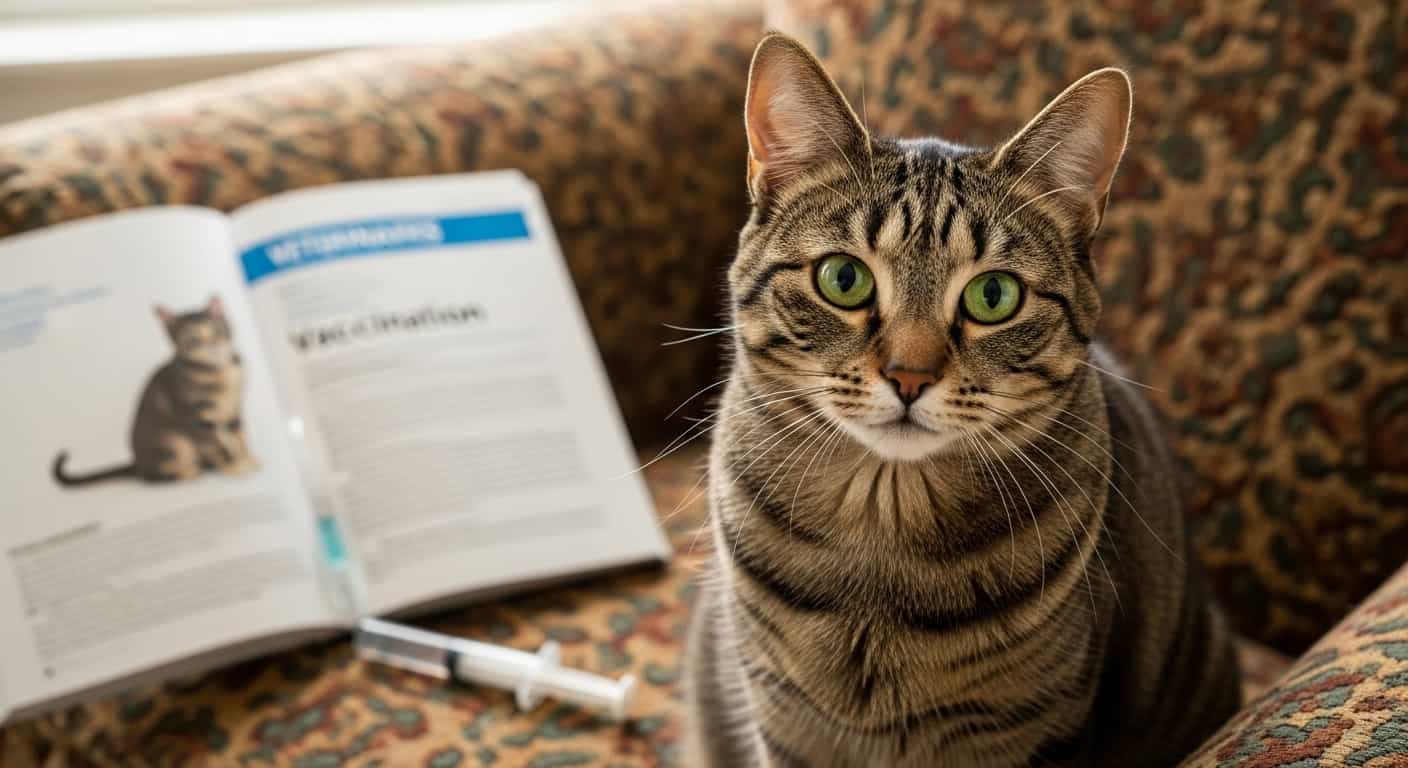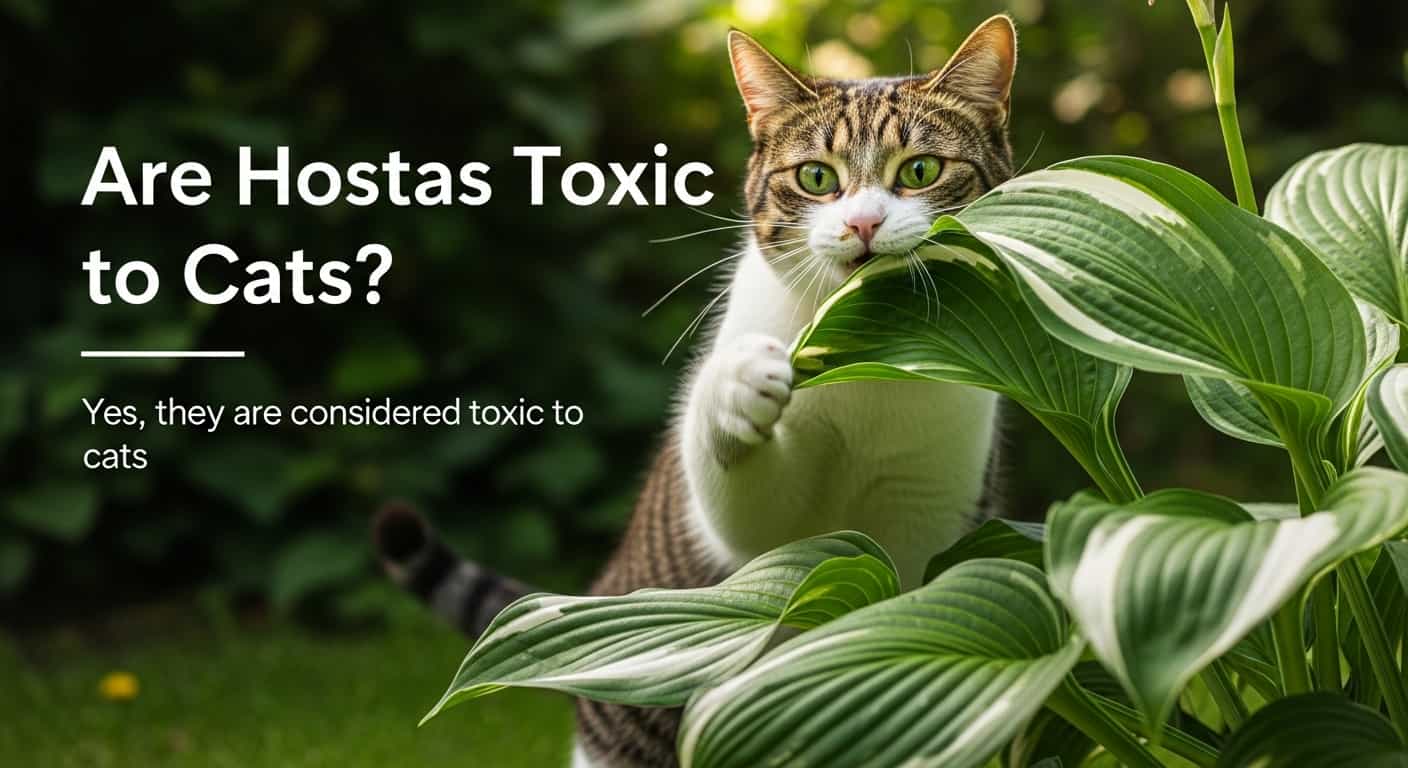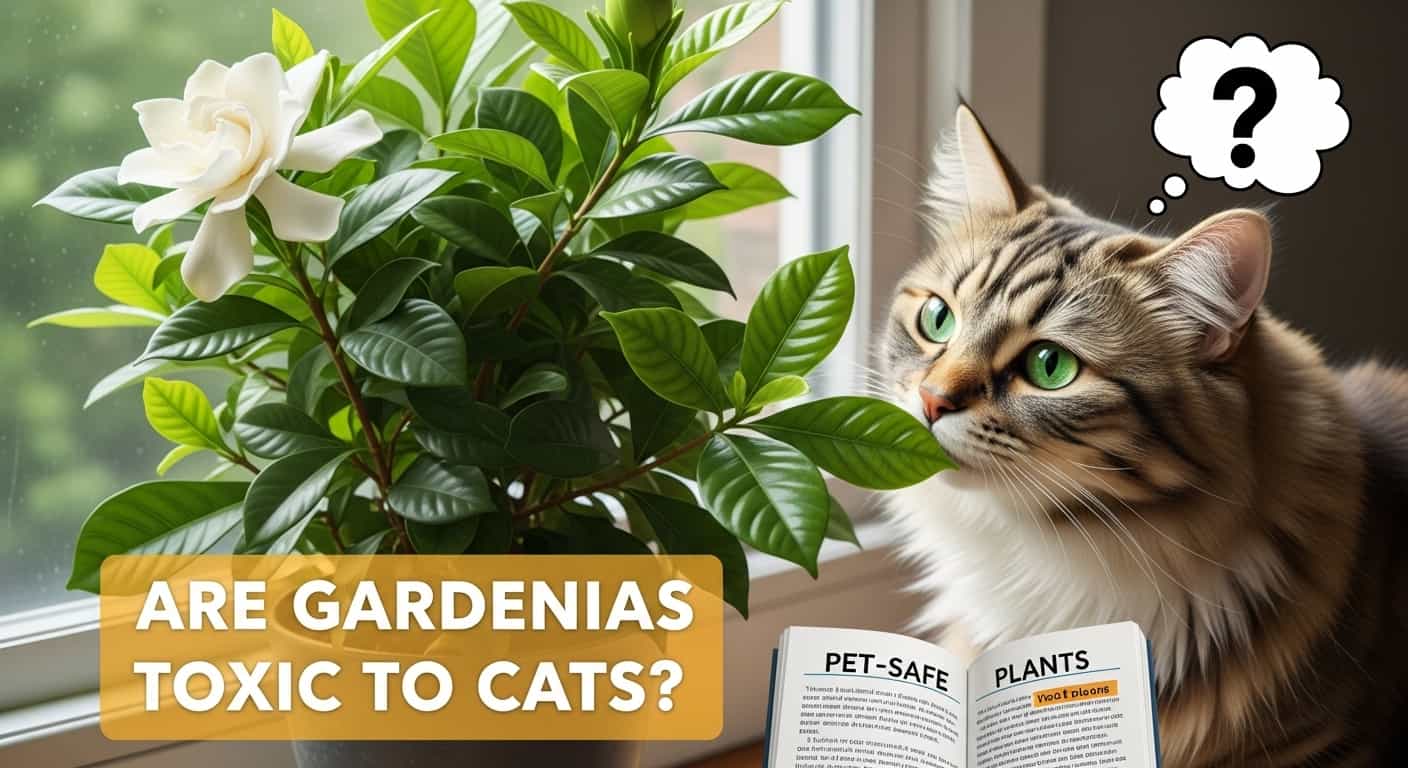Are you a cat lover who also enjoys the lush beauty of indoor plants? If so, you might have asked yourself, “Are Areca Palms toxic to cats?”
Table of Contents
ToggleIt’s a question that concerns many pet owners who want to create a safe and harmonious home environment. Imagine the peace of mind you could feel knowing your curious feline friend can explore without encountering any harmful plants. You’ll discover the truth about Areca Palms and their impact on your cat’s health.
We’ll dive into expert insights and provide practical tips, ensuring you can enjoy your green haven without compromising your cat’s safety. Keep reading to uncover the surprising facts that every cat owner should know!

Credit: www.aspca.org
Understanding Areca Palms
Areca palms are popular plants for both indoor and outdoor spaces. They bring a tropical feel with their lush green fronds. Many love them for their graceful appearance and easy maintenance. But, if you have cats, you might wonder about their safety.
Description And Characteristics
The Areca palm, also known as Dypsis lutescens, grows tall and slender. Its fronds arch elegantly, creating a beautiful canopy. Each frond has many narrow leaflets, adding to its delicate look. The plant thrives in warm climates and bright, indirect light. Areca palms can grow up to 10 feet tall indoors. They are slow growers, which suits indoor settings well.
Common Uses In Homes
Areca palms are often used as decorative houseplants. They add a touch of greenery to living rooms, offices, and patios. Their air-purifying qualities make them a favorite in homes. These palms help in removing toxins from the air. This makes living spaces healthier and fresher. Their elegant look enhances any room’s ambiance, making them a top choice for many.
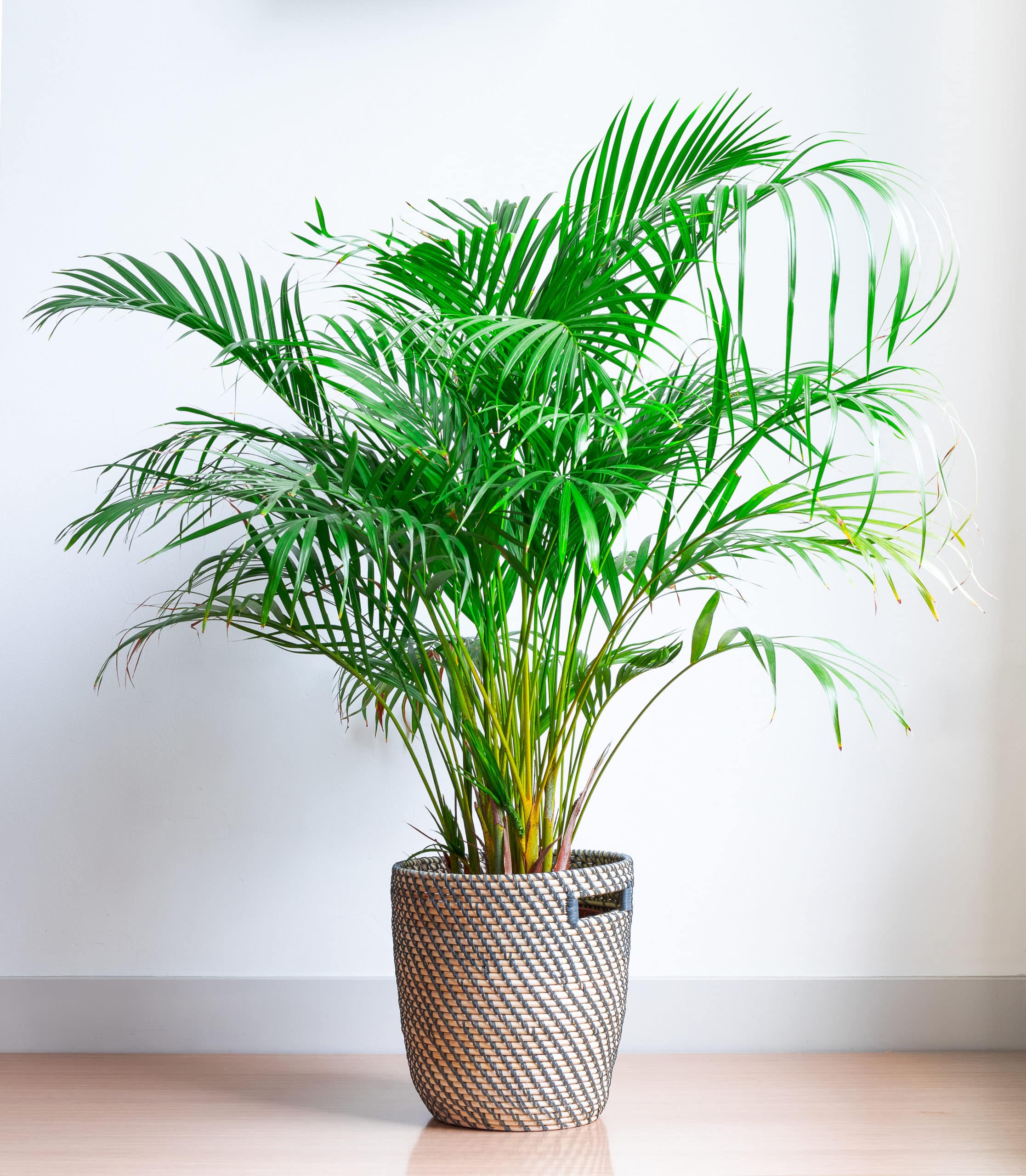
Credit: animalemergencyservice.com.au
Areca Palms And Pet Safety
Areca palms are popular houseplants known for their lush green fronds. They brighten up interiors and create a tropical feel. Many cat owners wonder if these palms pose a risk to their furry friends. Ensuring pet safety with houseplants is crucial for a harmonious home.
Understanding which plants are safe helps prevent potential health issues. Areca palms, fortunately, are non-toxic to cats. However, knowing the potential risks and symptoms is essential for pet owners.
Here's a related post that you might find useful. Natural Remedy for Constipation in Cats: Effective & Safe Solutions
Potential Risks For Cats
Though areca palms aren’t toxic, they can cause minor issues. Cats might chew on the leaves out of curiosity. This can lead to digestive upset, like vomiting or diarrhea. Sharp fronds may injure a cat’s mouth or throat. A curious cat might knock over the plant, causing a mess or injury.
Symptoms Of Toxicity
Symptoms of toxicity are rare with areca palms. Watch for signs like excessive drooling or vomiting. If a cat shows unusual behavior, consult a vet. Always observe your pet’s interactions with houseplants.
Identifying early symptoms helps in taking quick action. Even safe plants require monitoring to ensure overall pet safety.
Identifying Toxic Plants
Identifying toxic plants is crucial for pet owners. Cats often explore their surroundings by nibbling on plants. While some plants are harmless, others can cause health issues. Knowing which plants are toxic helps keep pets safe. Let’s explore common toxic plants for cats and signs to watch for.
Common Toxic Plants For Cats
Several plants can harm cats. Lilies are highly toxic and can cause kidney failure. Sago palms contain toxins that lead to liver damage. Tulips have compounds that irritate the mouth and stomach. Oleander is another dangerous plant. It can affect the heart. Be aware of these plants if you have cats.
How To Recognize Toxicity Signs
Recognizing signs of plant toxicity in cats is vital. Vomiting and diarrhea are common symptoms. Cats may also drool excessively or have difficulty breathing. Lethargy and loss of appetite are warning signs. If you notice these symptoms, consult a veterinarian immediately. Early intervention can prevent serious health problems.
Preventing Exposure
Areca palms, known for their lush green fronds, are popular houseplants. Their elegance and air-purifying qualities attract many plant enthusiasts. Yet, for cat owners, the safety of their feline friends is crucial. Areca palms are not toxic to cats. But caution is still advised. Cats might nibble on leaves, leading to digestive upset. Preventing exposure to any potential harm is essential.
Here's a related post that you might find useful. Natural Remedies for Overactive Thyroid in Cats: Effective & Safe Solutions
Safe Plant Choices For Cat Owners
Consider choosing non-toxic plants like spider plants and bamboo palms. These plants add beauty without posing risks to cats. Herbs like catnip and basil are also safe. They can provide entertainment and are safe if ingested. Always research before introducing new plants into your home. Verify their safety for your pets.
Creating A Pet-friendly Environment
Arrange plants out of your cat’s reach. Place them on high shelves or use hanging planters. Use deterrents to keep cats away from plants. Citrus sprays can help as cats dislike the smell. Provide alternative entertainment for your cat. Interactive toys and scratching posts can divert their attention.
Ensure your cat has plenty of safe spaces. Cozy beds and window perches can keep them occupied. Regularly monitor your cat’s behavior around plants. Stay vigilant to prevent any accidental ingestion. A safe environment ensures the well-being of your furry friend.
Emergency Actions
Areca Palms are popular houseplants known for their lush green leaves. But for cat owners, they pose a concern. Cats are naturally curious and might nibble on these plants. If your cat ingests a toxic plant, quick action is essential. Knowing what steps to take can make a big difference in your cat’s health.
What To Do If Your Cat Ingests A Toxic Plant
First, stay calm. Panic can cloud your judgment. Remove any plant parts from your cat’s mouth. Check the plant to see how much your cat ate. This helps in assessing the situation. Keep the plant label or take a picture. This will be useful for identification.
Watch for symptoms. Vomiting, drooling, or difficulty breathing are warning signs. Keep your cat in a safe, quiet place. Limit their movement to prevent further harm. Do not try home remedies without expert advice. Some can worsen the situation.
Contacting Veterinarians
Once you’ve assessed the situation, call your veterinarian. Provide them with details about the plant and your cat’s symptoms. This helps them prepare for treatment. If your vet is unavailable, contact a pet poison helpline. They can give you immediate advice.
Take your cat to the vet as soon as possible. Bring any plant material your cat may have chewed. This assists the vet in identifying the toxin. Prompt medical attention can prevent serious health issues.
Expert Recommendations
Expert recommendations highlight the safety of Areca Palms for cats. These popular indoor plants pose no toxic threat to feline friends. Their non-toxic nature makes them a safe choice for pet owners seeking greenery at home.
Areca palms, popular for their lush and tropical appearance, are a favorite among plant enthusiasts. But if you’re a cat owner, you might be wondering about their safety. Expert recommendations can be invaluable in ensuring your feline friend’s well-being around houseplants. Let’s delve into what the experts have to say.Advice From Veterinarians
Veterinarians often caution cat owners about houseplants, highlighting that not all greenery is safe. The good news is, areca palms are considered non-toxic to cats. However, they advise monitoring your pet’s behavior. Cats are curious and might nibble on leaves. While areca palms aren’t toxic, consuming large quantities can still lead to stomach upset. Dr. Jenna, a seasoned vet, shared a story about her mischievous cat, Luna, who once decided to chew on an areca palm. Luna was fine, but it served as a reminder to keep an eye on her plants. It’s worth checking with your vet if you notice unusual behaviors like excessive drooling or vomiting.Resources For Further Information
Staying informed is crucial. If you’re keen to learn more about plant safety, several resources can help. Websites like ASPCA provide comprehensive lists of toxic and non-toxic plants. Books on pet care often include sections on safe plants. Consider joining forums where plant enthusiasts share their experiences with pets and plants. You might even find local gardening clubs offering advice tailored to your region. Have you checked if your local library has a section on safe houseplants for pets? What steps will you take to ensure your home is both plant-friendly and safe for your cat?
Credit: www.reddit.com
Frequently Asked Questions
Are Areca Palms Safe For Cats?
Areca Palms are generally considered non-toxic to cats. They can be a safe choice for pet-friendly homes. However, it’s still advisable to monitor your cat’s interactions with any plant. Some cats might have individual sensitivities. Always consult your veterinarian if you notice any unusual behavior in your cat.
Can Cats Chew On Areca Palm Leaves?
Cats can chew on Areca Palm leaves without significant risk. The plant is non-toxic, but excessive chewing can cause mild discomfort. It’s always best to provide alternative safe chewing options for your feline friend. If your cat is obsessed with chewing plants, consider pet grass or catnip.
What Happens If My Cat Eats Areca Palm?
If a cat eats Areca Palm, it’s usually not harmful. Areca Palms are non-toxic to cats. However, consuming large amounts might cause mild gastrointestinal upset. Symptoms could include vomiting or diarrhea. Monitor your cat and consult a vet if symptoms persist.
Are Areca Palms Good Indoor Plants For Cats?
Yes, Areca Palms are excellent indoor plants for cat owners. They’re non-toxic and add a tropical vibe to your home. They also improve air quality. Ensure your cat doesn’t over-chew the leaves, as this can cause mild discomfort. Provide alternatives like cat grass to satisfy your cat’s curiosity.
Conclusion
Areca palms are safe for cats. They are non-toxic and harmless. This makes them a great choice for pet owners. Your feline friend can explore without worry. Peace of mind is crucial for cat lovers. Still, monitor your cat around plants.
Eating too much of anything can be bad. Always ensure your pet’s safety first. With areca palms, you can enjoy greenery indoors. Beauty and safety in one plant. Perfect for cat-friendly homes. Enjoy the lush, tropical vibe they bring. A smart choice for cat owners everywhere.
Keep your space both stylish and pet-friendly.


